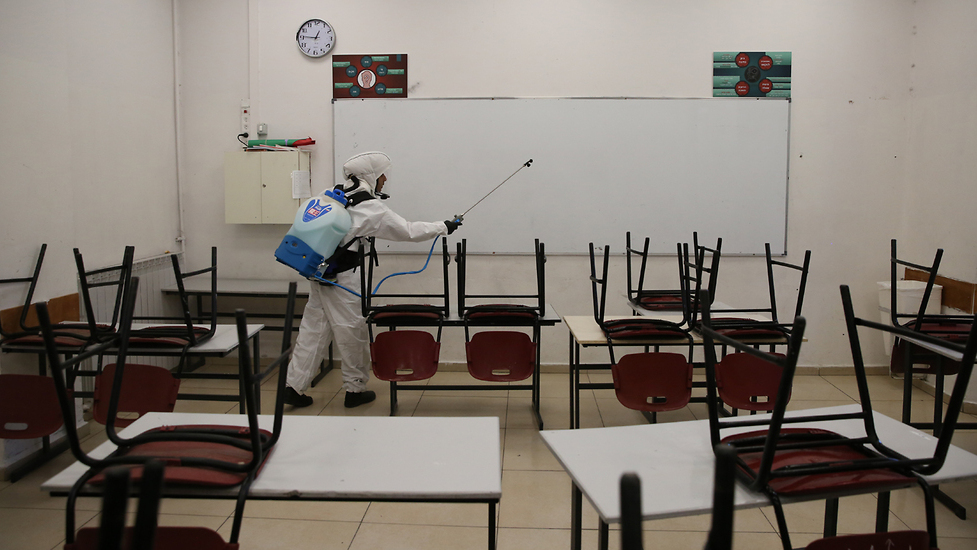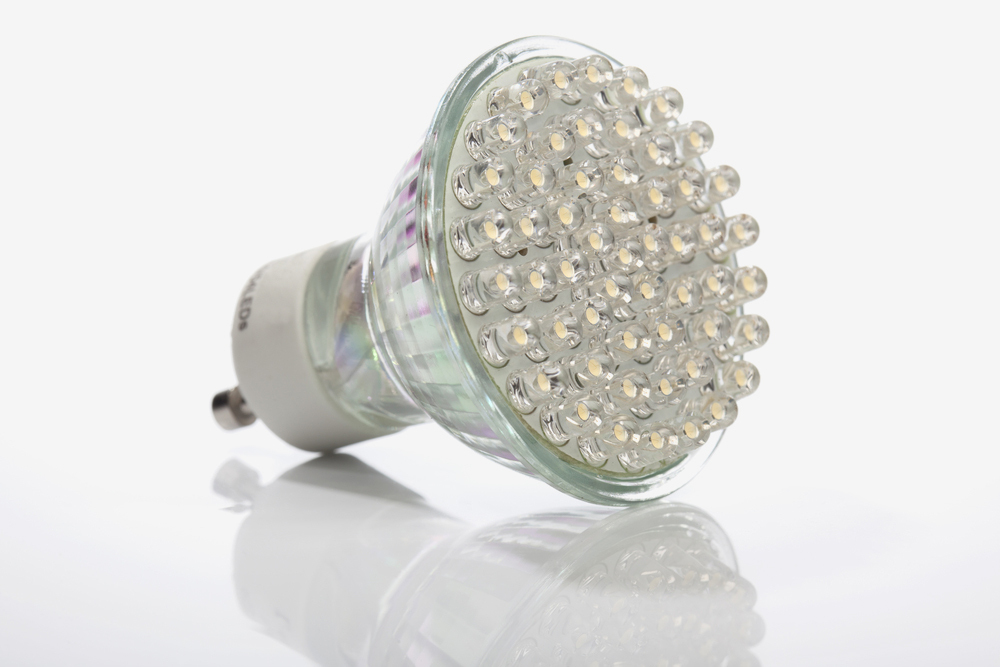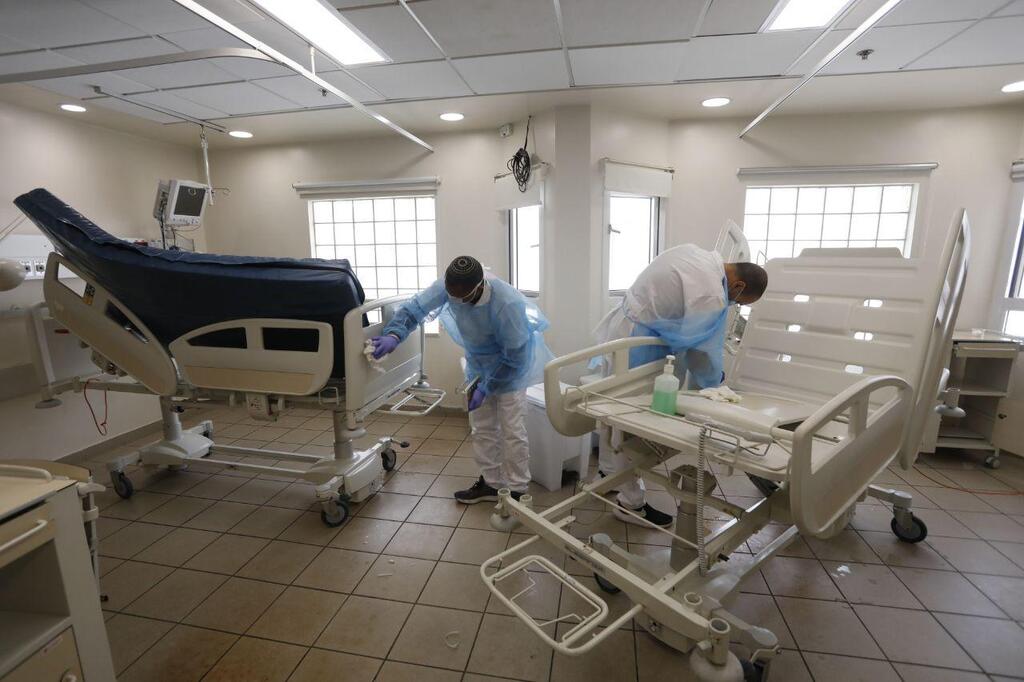Researchers from Tel Aviv University say they can prove that the coronavirus can be killed quickly and cheaply using ultraviolet light-emitting diodes (UV-LEDs).
This is the world's first study of the disinfection efficiency of a member of the family of coronaviruses using UV-LED irradiation at different wavelengths or frequencies.
3 View gallery


Disinfecting a Jerusalem high school following a coronavirus outbreak
(Photo: Alex Kolomoisky)
Ultraviolet radiation is a common method of killing bacteria and viruses, and many people are familiar with disinfecting bulbs used in water purifiers.
The researchers tested the optimal wavelength for killing the coronavirus and found that a length of 285 nanometers was almost as efficient in disinfecting the virus as a wavelength of 265 nanometers, requiring less than half a minute to destroy more than 99.9% of the coronaviruses.
This is significant as 285 nm LED bulbs are much cheaper and more readily available than 265 nm bulbs.
Project leader Prof. Hadas Mamane, who heads Tel Aviv University's Environmental Engineering Program, believes that the technology will be available for use in the near future.
“The entire world is currently looking for effective solutions to disinfect the coronavirus,” says Mamane.
“The problem is that in order to disinfect a bus, train, sports hall or plane by chemical spraying, you need physical manpower, and in order for the spraying to be effective, you have to give the chemical time to act on the surface," she says.
"We know, for example, that medical staff do not have time to manually disinfect, say, computer keyboards and other surfaces in hospitals – and the result is infection and quarantine.
"The disinfection systems based on LED bulbs, however, can be installed in the ventilation system and air conditioner, for example, and sterilize the air sucked in and then emitted into the room.”
Mamane says that the researchers discovered that it is "quite simple to kill the coronavirus using LED bulbs that radiate ultraviolet light.”
What was equally crucial, she says, is that the virus also died when exposed to cheaper and more readily available LED bulbs, which are more energy efficient and and do not contain mercury.
Eventually, the researchers believe, industry will be able to make the necessary adjustments and install the bulbs in robotic systems, or air conditioning, vacuum, and water systems, and thereby be able to efficiently disinfect large surfaces and spaces.



